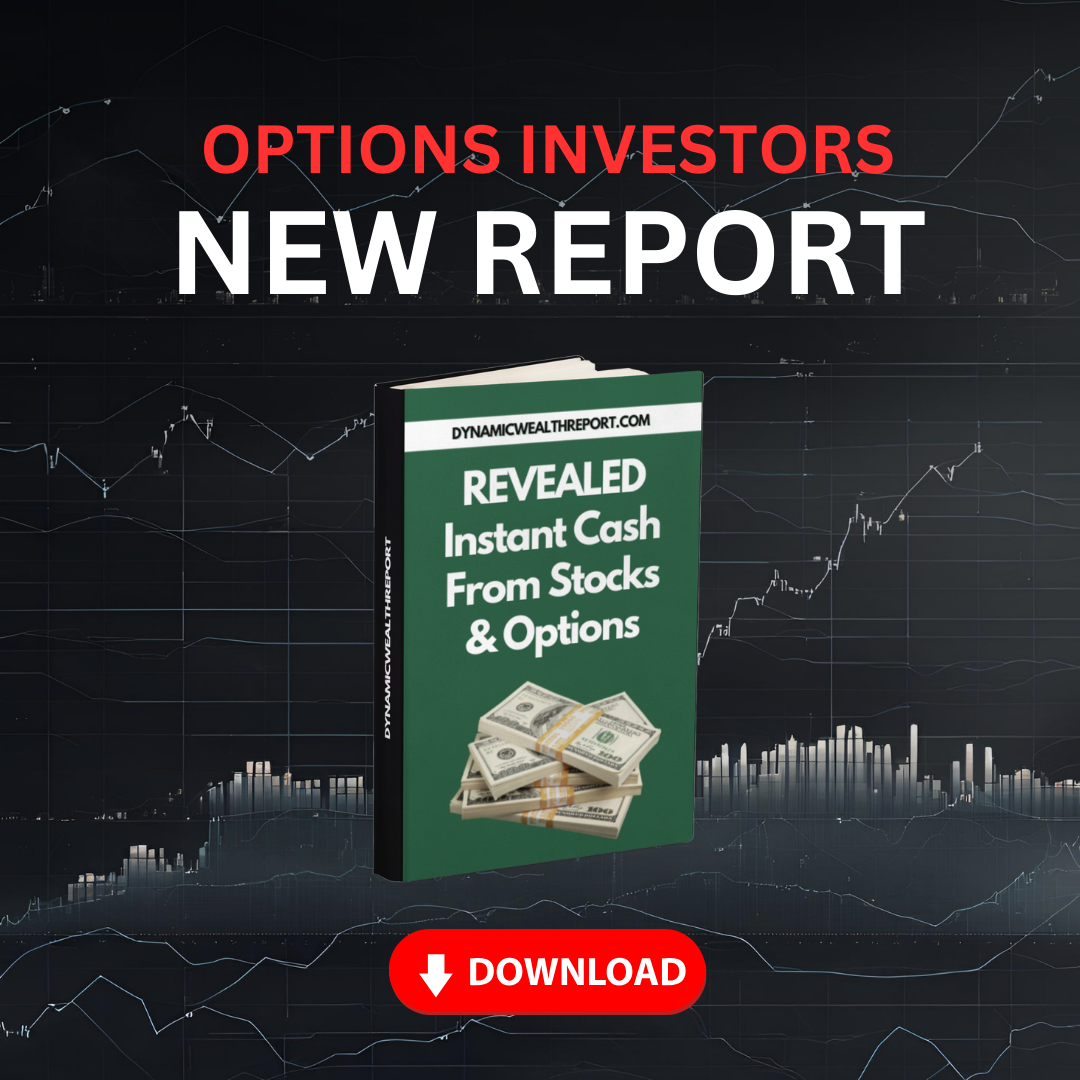The Road to Hell is Paved with Unintended Consequences
The Road to Hell is Paved with Unintended Consequences
The S&P 500 is above 5000, the Nasdaq is off a bit, WTI is trading at $77.70 and gold is steady at $2006 an ounce. Volume is low as traders wait to see what new tea leaves the data will drop into the remnants of their cups.
Today, Pro Traders, I’d like to talk about unintended consequences.
You may remember back in 2003, when Barbra Steisand sued a small time photographer named Kenneth Adelman for posting a photograph of her Malibu home online. Babs intended to secure her privacy but what she got was something else.
Before the lawsuit had been filed, only 6 people had downloaded the file, two of them were Streisand’s attorneys.
But alas, the internet being what it is, the absurd lawsuit amplified attention of the image. Almost overnight a half a million people saw a picture of Bab’s Malibu home and knew where she lived.
This event was so famous it became known as the Streisand Effect which is defined by wiki as “an attempt to censor or remove a certain piece of information instead draws attention to the material being suppressed, resulting in the material instead becoming widely known, reported on, and distributed.”
The Price of Cobra’s in Delhi
Or perhaps you’ve heard the anecdote where the British government tried to solve the problem of too many poisonous cobras in Delhi. The limeys offered a bounty for every dead cobra. This led to people breeding the snakes for the purpose of getting the reward.
When the government became aware of this tactic they stopped the program and the cobra breeders simply set the worthless snakes free resulting in even more snakes.
Friedrich Hayek and Catallactics
In financial terms this phenomenon was named catallactics by the famous Austrian economist and philosopher, Freidrich Hayek.
Hayek argued that a centrally planned economy cannot reach the level of efficiency of the free market because the necessary information for decision-making is not concentrated but dispersed among a vast amount of agents.
Central planning works for a while until all of the mundane and obvious moves have been made. Last week I wrote about the Japanese stock market which peaked in 1989 and is just now on the brink of a new high. The Japanese economy was largely a centrally planned economy.
President Xi of China is discovering the limits of his own central planning and will eventually fall behind the messy and discordant India because, though the decisions made by the great unwashed might not look pretty – a trillion decisions made everyday tend to have a Darwin effect. Bad ideas die and good ones multiply.
For Hayek the price system allows members of a free society to anonymously coordinate for the most efficient use of resources. For example, if batteries were in short supply after a hurricane in Tampa, the price for double A’s would jump to $50.
People from Ohio would buy batteries from Costco and drive them to Florida. Enough people doing this would drive down the price of batteries. The people who needed them most would get them first and eventually everyone would have enough.
Politicians call these people who help out in times of trouble opportunists and price gougers.
The Road to Hell
All of this leads me to this story published in the Daily Mail:
“California’s plastic bag ban backfires after customers just start dumping thicker and heavier 10 cent ‘reusable’ carriers instead, triggering more pollution than ever.
California’s plastic bag ban has backfired nearly a decade after the state made history as the first to ban single-use carriers – sparking a nationwide movement.
In the years since the landmark decision, material recovery facilities and environmental activists in the golden state have observed an unexpected surge in plastic bag waste by weight, according to a report by the LA Times.
Customers now dump thicker and heavier ‘reusable’ carriers instead, triggering more pollution than ever – for only an extra ten cents per bag at the check out.
Now, California legislators are working to rectify the growing problem by proposing a new law that plans to ban the thick plastic bags too.
California discarded a whopping 157,385 tons of plastic bags in the year the ban was implemented, according to a report by the consumer advocacy group CALPIRG.
By 2022, this amount nearly doubled to 231,072, marking a whopping 47 percent increase – accounting for population growth.”
People are always upset and demand that “something must be done” ; they rarely consider that they will likely make things worse.
All the best,
Christian DeHaemer
Pro Trader Today
